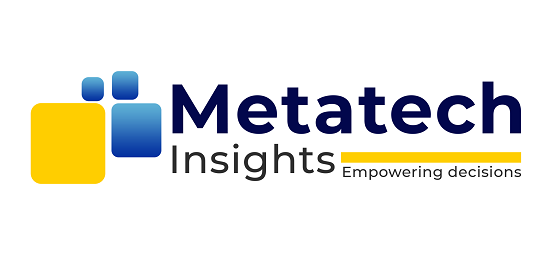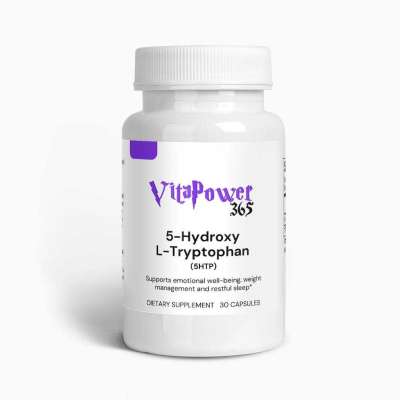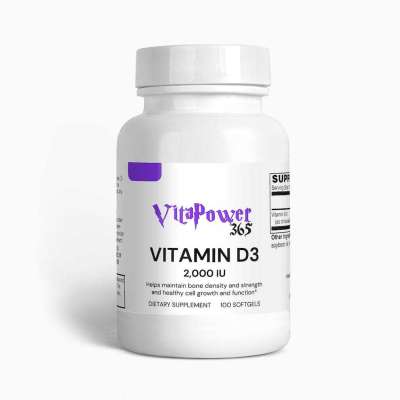Implantable Biosensors Market Outlook 2025–2035: Growth Trends, Key Segments, and Competitive Insights
The implantable biosensors market was valued at USD 4.26 billion in 2024 and is projected to surpass USD 11.1 billion by 2035, expanding at a steady CAGR of 9.1% from 2025 to 2035. These advanced biosensors, designed to be implanted within the human body, are transforming real-time health monitoring, enabling early disease detection, and improving chronic disease management. With the rise in personalized medicine and demand for continuous patient monitoring, implantable biosensors are gaining traction across clinical diagnostics and therapeutic applications.
Request Sample-https://www.metatechinsights.c....om/request-sample/12
Market Definition, Objectives, and Overview
Implantable biosensors are miniaturized analytical devices embedded within the body to monitor physiological parameters, detect biomarkers, or deliver data for medical decisions. The primary objective of this market is to provide reliable, real-time diagnostics and therapeutic tracking with minimal patient intervention. These sensors are widely used in managing conditions such as diabetes, cardiovascular disease, neurological disorders, and cancer. Increasing adoption of wearable and implantable health technologies is enhancing patient care, improving outcomes, and reducing healthcare costs.
Major Market Drivers
1. Rise in chronic disease prevalence and demand for continuous monitoring
According to the World Health Organization, chronic diseases such as diabetes and cardiovascular conditions are responsible for over 70% of global deaths. This rising burden has driven the demand for implantable biosensors that allow real-time glucose and cardiac monitoring. The increased use of implantable medical devices for round-the-clock data collection and early intervention is significantly boosting market adoption.
2. Technological advancements in biosensor design
Innovations in microelectronics, biocompatible materials, and wireless communication technologies are driving growth in the implantable biosensors market. The integration of AI for predictive diagnostics and data analytics enhances the utility of these sensors, especially in smart implants. Regulatory support and funding for R&D have further encouraged market development.
Glucose Biosensors by Type Segment Analysis
Among all types, glucose biosensors dominate the implantable biosensors market due to the growing number of diabetes cases globally. These sensors provide continuous glucose monitoring (CGM), helping patients and clinicians track glucose fluctuations in real-time. Their accuracy, ease of use, and integration with insulin delivery systems have made them a preferred choice for diabetes management.
Full Report-https://www.metatechinsights.c....om/industry-insights
Clinical Diagnostics by Application Segment Analysis
The clinical diagnostics segment leads due to the widespread application of implantable biosensors in real-time biomarker detection, cancer tracking, and chronic disease monitoring. Hospitals and diagnostic labs are increasingly adopting these sensors for early disease detection, which drives the segment’s growth. The shift toward preventive healthcare and personalized diagnostics continues to support segment expansion.
North America Implantable Biosensors Market Analysis
North America is the dominant region in the implantable biosensors market, fueled by the presence of advanced healthcare infrastructure, early technology adoption, and high prevalence of lifestyle-related diseases. The U.S., in particular, sees significant government and private investment in biosensor R&D. The region also benefits from a favorable regulatory landscape that accelerates product approvals and innovation.
Buy Now-https://www.metatechinsights.com/checkout/1212
Global Market Competition Overview
The global implantable biosensors industry is highly competitive, with key players focusing on innovation, partnerships, and product approvals. Prominent companies include Abbott Laboratories, Medtronic plc, Dexcom Inc., Sensirion AG, and Biotronik SE & Co. KG. These players are investing in advanced implantable CGMs, biosensors for neural and cardiac health, and AI-driven platforms. Strategic collaborations with healthcare providers and digital health firms, along with expansion into emerging markets, are crucial components of their growth strategies.
Мне нравится
Комментарий
Перепост












